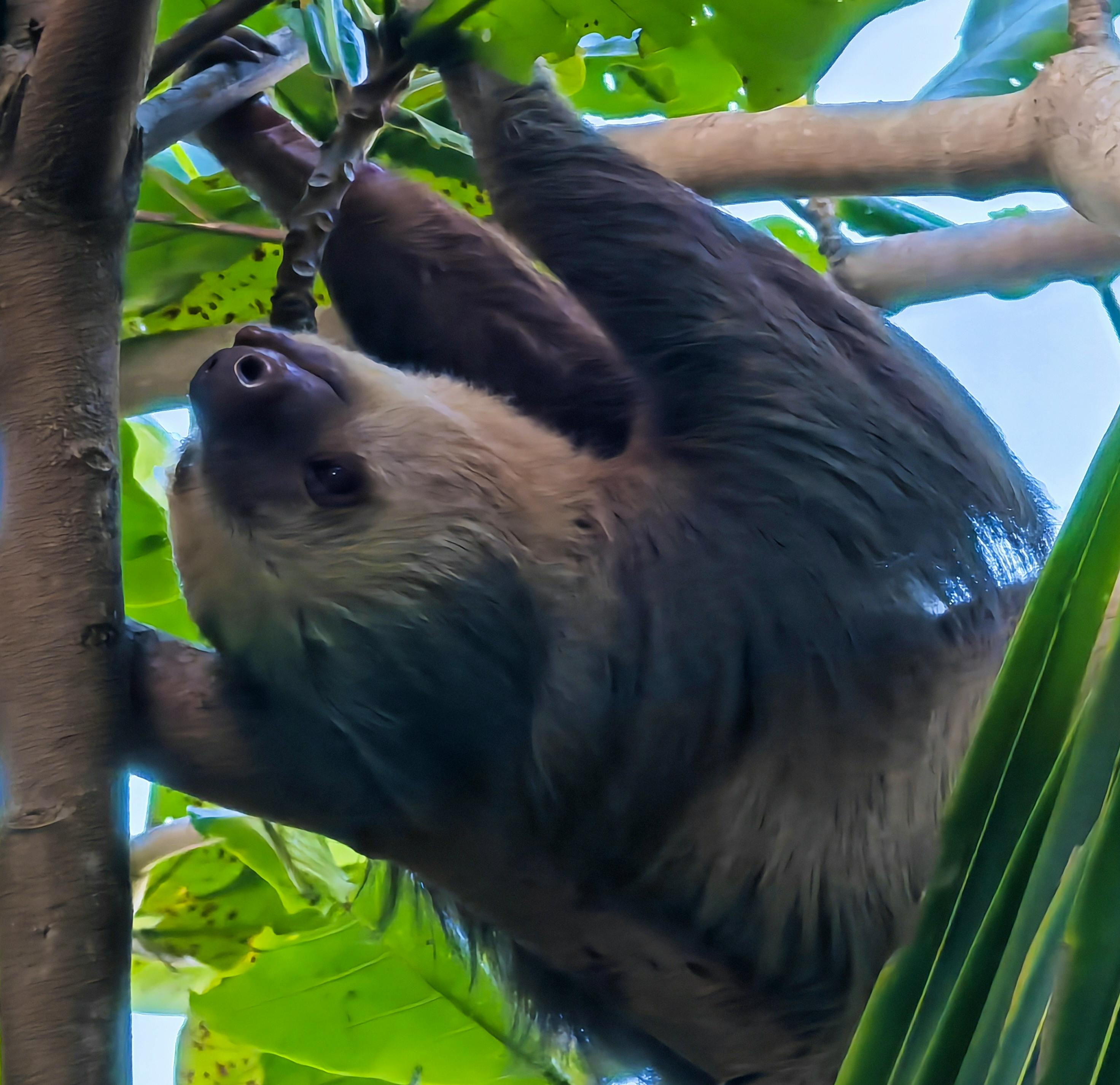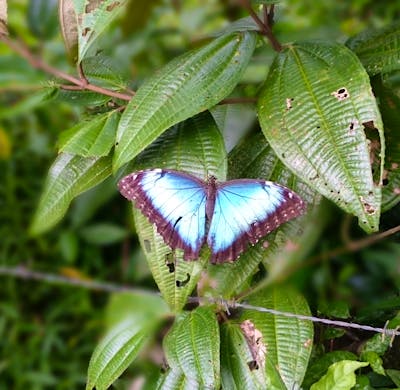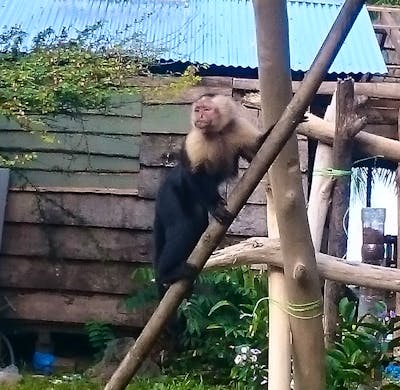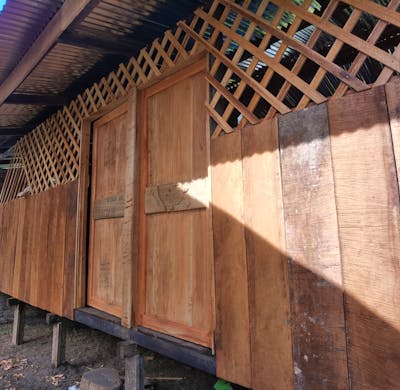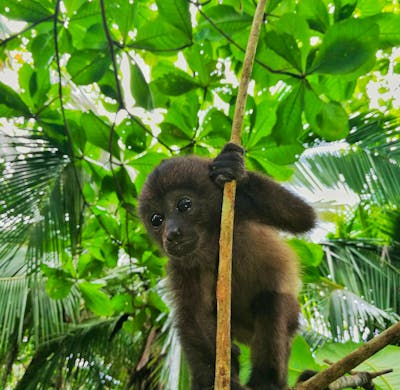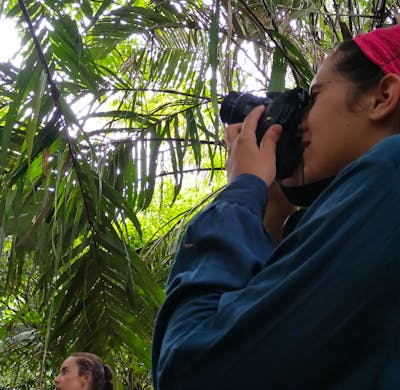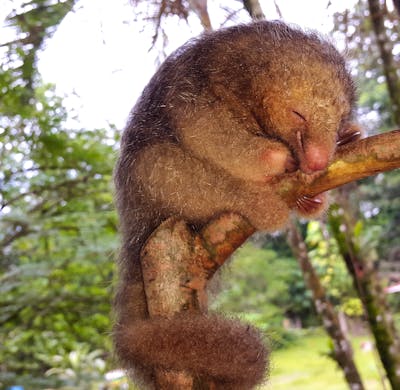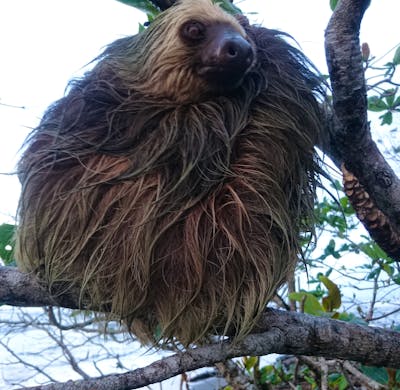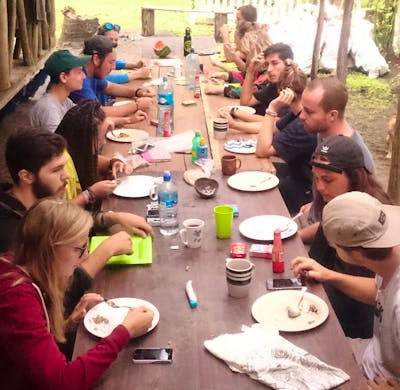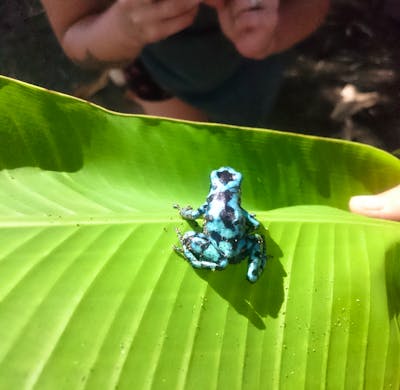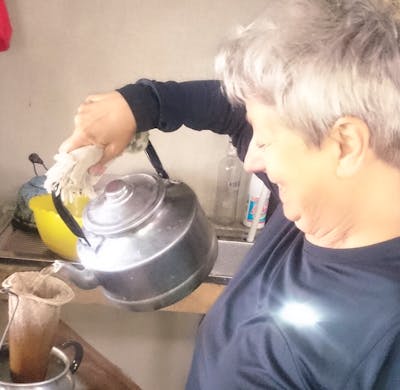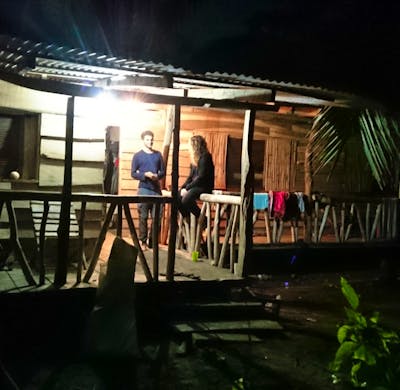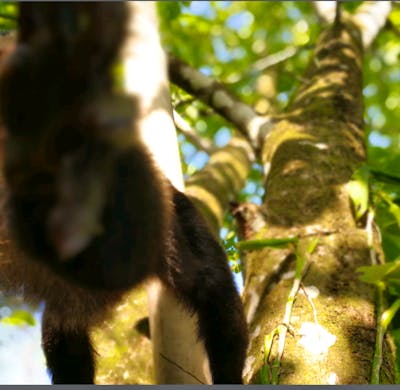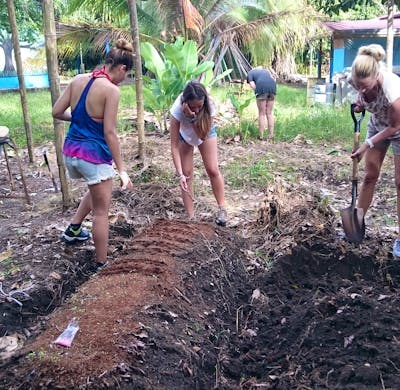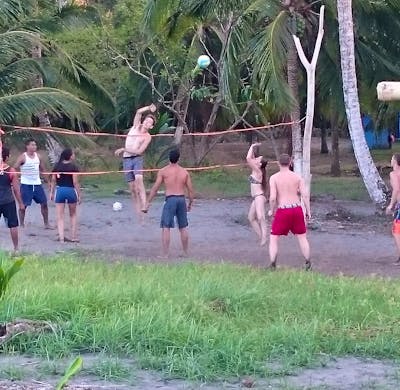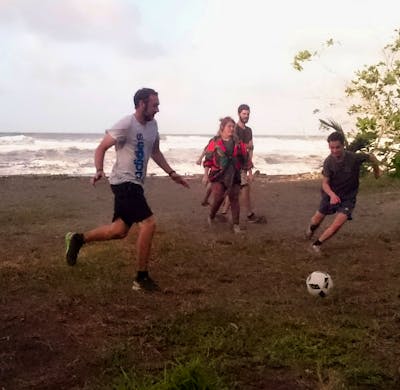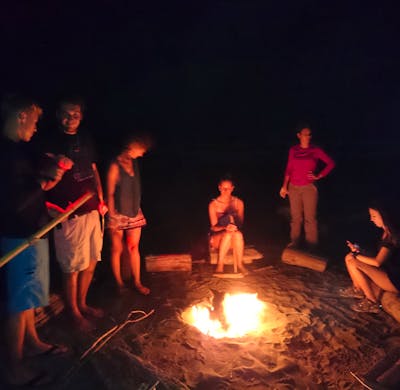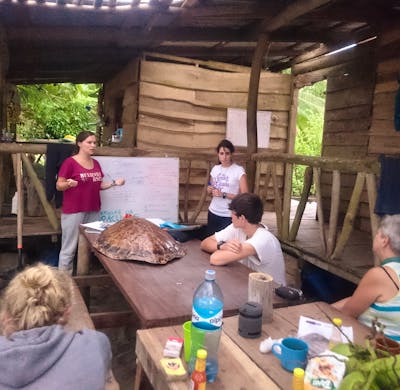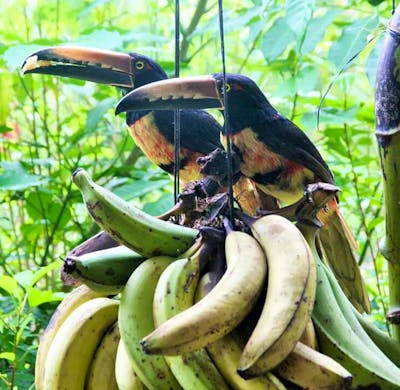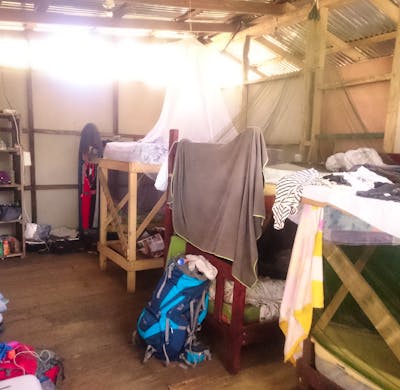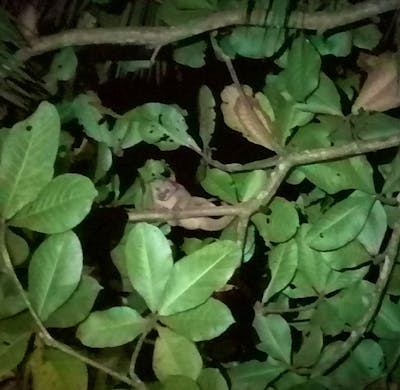Let's Protect the Caribbean Wildlife
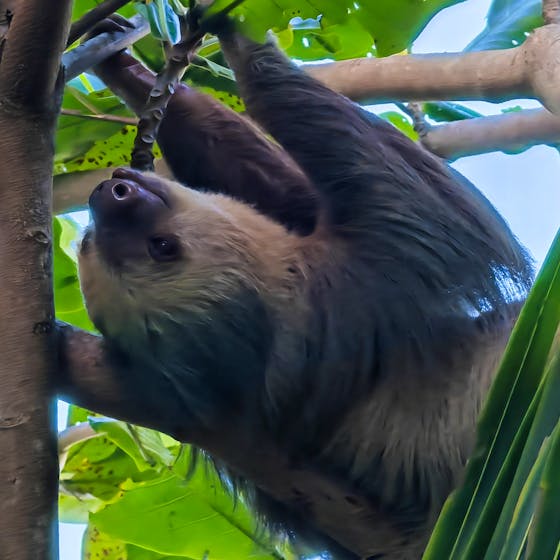
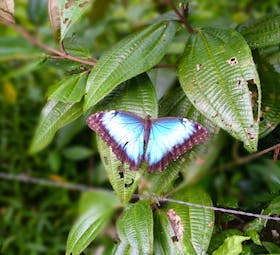
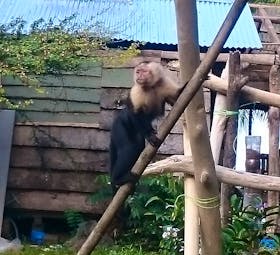
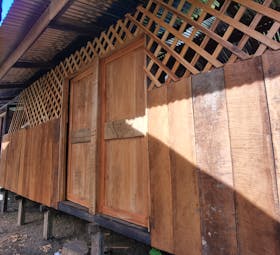
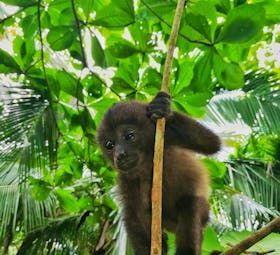
Complete your reservation as soon as possible. This project fills up quickly and is already booked on certain dates.
Highlights
- Working in one of the most biodiverse countries in the world!
- Beach and wildlife on the same program - a perfect combination!
- Live in an exotic place surrounded by nature, where the magical songs of the animals and the waves are combined!
- Experience the authentic Caribbean!
- Be part in the conservation of our environment and help us to preserve our treasure!
Especially good for
About the program
At Pacuare, you can observe over 300 species of animals such as mammals, reptiles and birds of the Caribbean zone, and you can actively participate protecting them.
The project
This is a wildlife conservation project focused on preserving our natural Caribbean of Costa Rica. We want to raise awareness about the importance of protecting our environment, through actions such as cleaning the beach where we collect plastic waste for recycling, and the observance ...
Typical day
The schedule will have variations 3 days per wake-up at 6:00 am to do monitoring we start at 6:30 and end at 8:00 am ( Depending on the information we need, the monitoring can be done 1 to 3 times a week, also schedule can change depending of the animals we are looking for) breakfast at 8:00 am
Afte
Free-time activities
During your time you can enjoy our beautiful beach, of volcanic sand, play football, volleyball, rent bicycle, or rent kayak to enjoy the canals of Tortuguero National Park
By bicycle you can enjoy around Pacuare
In front to the project are located a football place, and a volleyball place, there ...
Requirements
What's Included
What's NOT included?
Details on arrival
In this program we work all year round, carrying out the tasks corresponding to the conservation of our rich and sufficient ecosystem.
Program fees
Meet your organization
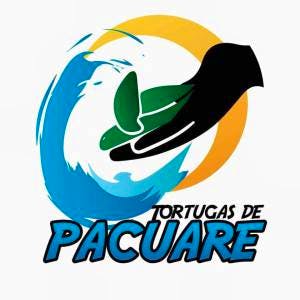
Tortugas de Pacuare
Agency - founded in 2012
Verified by Volunteer World
Coordinated by
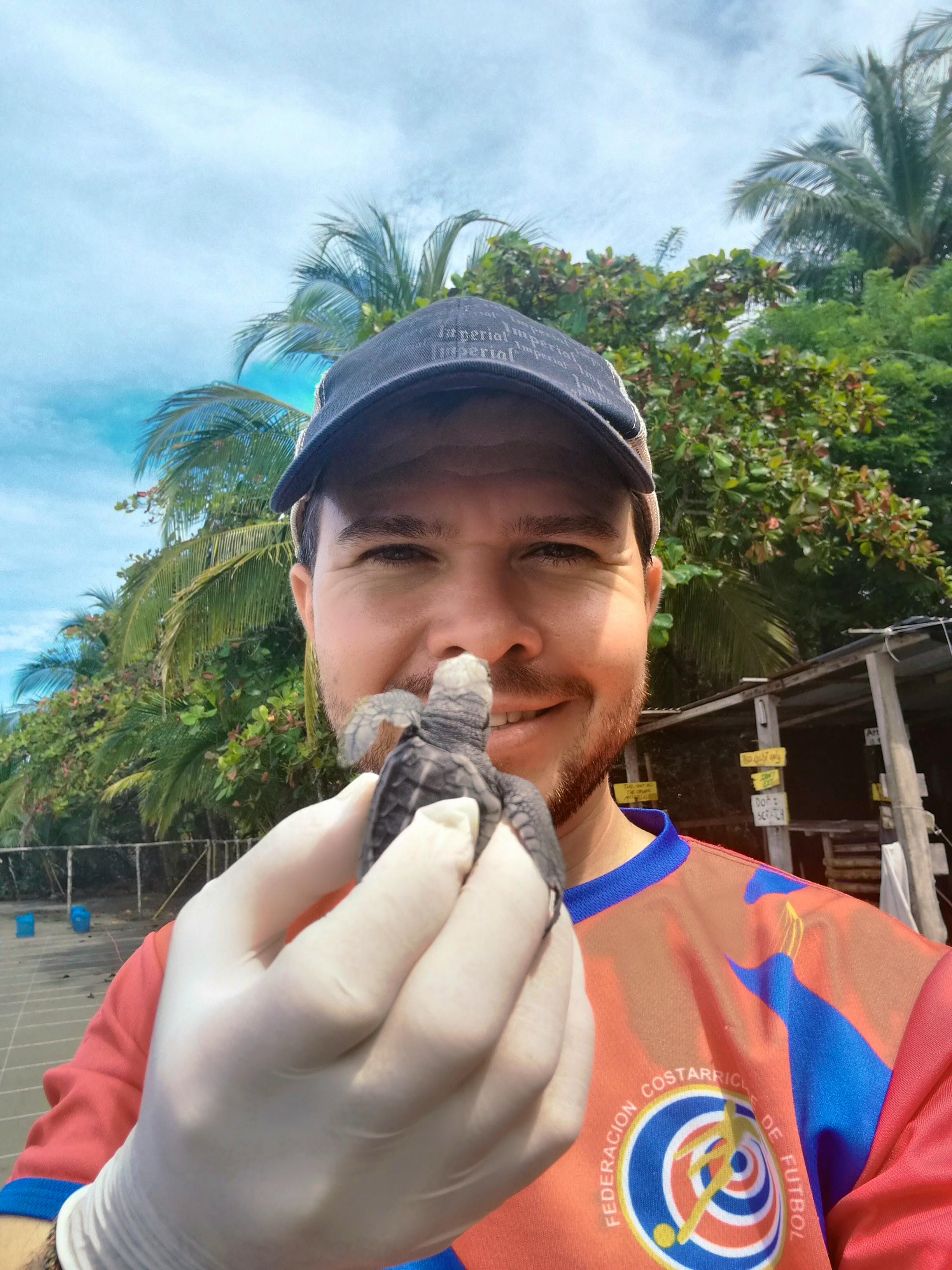
Luis
About the project
239 reviews ·  4.5
4.5
Location

You might also be interested in
-
Families with small kids
Howler Monkeys
Plastic Reduction
Monkeys
Sloths
Waste Reduction
Projects Abroad
Animals in Costa Rica
Voluntouring
Family Volunteering in Costa Rica
Volunteer Trips for College Students
Adults
Group Volunteering
Animal Rescue Center Costa Rica
Wildlife Sanctuary Costa Rica
Under 18s Volunteering
Planning a Gap Year in Costa Rica
Global Volunteer Opportunities
Couples
Mission Trips
Best Volunteer Programs
Wildlife in Costa Rica
50 Plus Volunteering
Family Volunteering
Sloth Sanctuary in Costa Rica
Latin America
